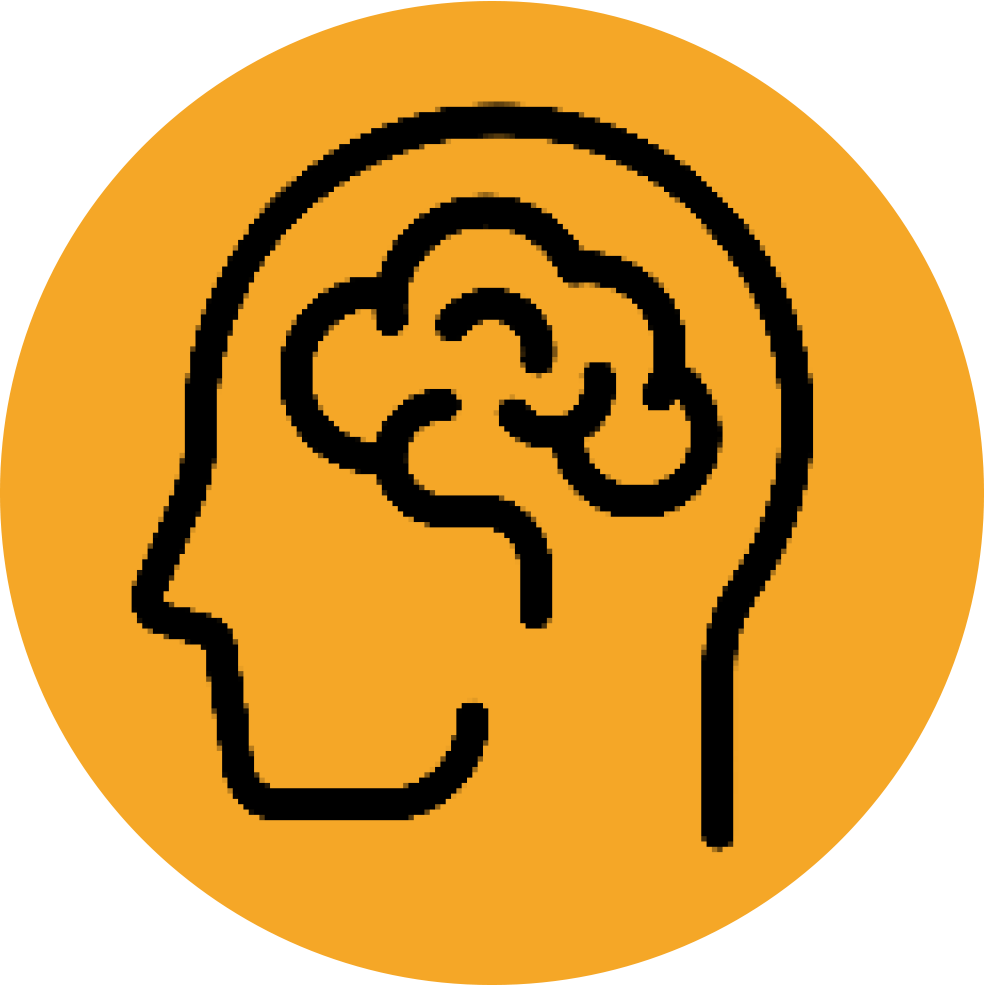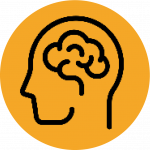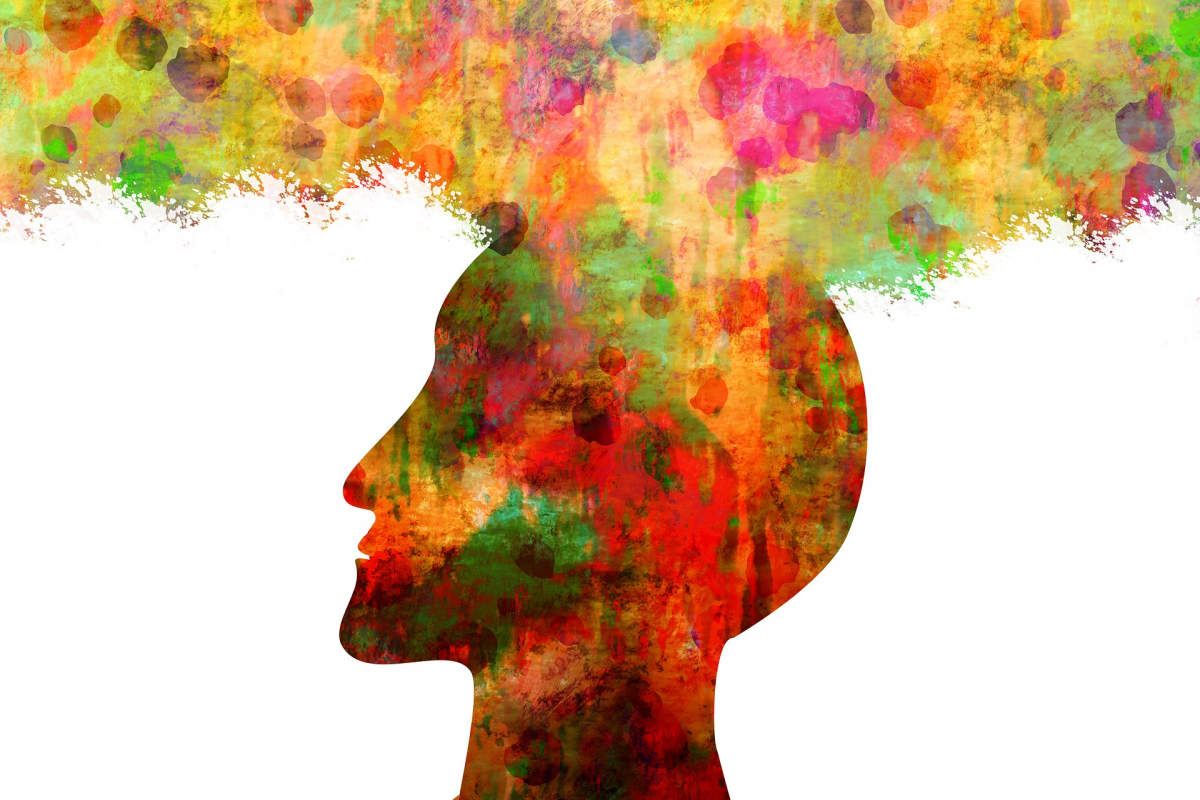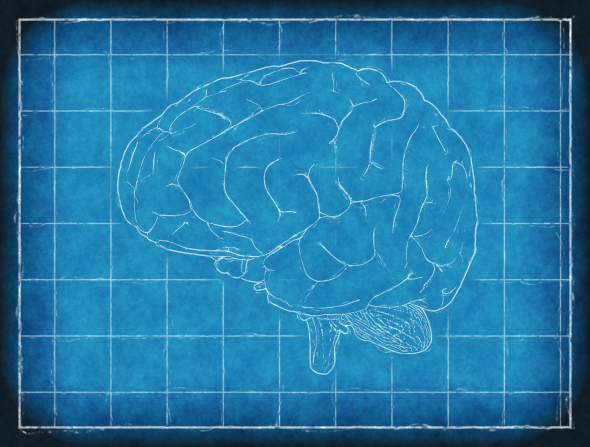Table of Contents
Understanding Brain Fog: Unraveling the Mystery of Mental Cloudiness
The Impact of Brain Fog: How It Affects Cognitive Function
Top Nootropic Supplements for Clearing Brain Fog
Lifestyle Changes for Reducing Brain Fog
Have you ever experienced moments where your mind feels cloudy, sluggish, or unfocused? You're not alone. Brain fog, also known as mental fog or cognitive fog, is a common phenomenon characterized by impaired cognitive function, decreased mental clarity, and difficulty concentrating or processing information. Fortunately, there are strategies for combating brain fog and enhancing mental clarity, including the use of nootropic supplements.
In this article, we'll delve into the world of nootropics for brain fog relief, exploring common causes of brain fog, effective ingredients for enhancing cognitive function, lifestyle changes for reducing mental fog, and expert tips for optimizing brain health and clarity.
Understanding Brain Fog: Unraveling the Mystery of Mental Cloudiness
Brain fog is a subjective experience characterized by feelings of mental cloudiness, confusion, and reduced cognitive function. It can manifest as difficulty concentrating, memory problems, sluggish thinking, and overall cognitive fatigue. While brain fog is not a medical condition in itself, it can be a symptom of underlying health issues or lifestyle factors that affect cognitive function.
The Impact of Brain Fog: How It Affects Cognitive Function
Common Symptoms of Brain Fog. Symptoms of brain fog can vary from person to person but often include:
- Difficulty concentrating or focusing
- Memory problems or forgetfulness
- Mental fatigue or exhaustion
- Sluggish thinking or processing speed
- Confusion or disorientation
- Lack of mental clarity or sharpness
Effects of Brain Fog on Daily Life. Brain fog can have significant implications for daily functioning, impairing cognitive performance, productivity, and overall quality of life. It can interfere with tasks that require concentration and mental acuity, such as work, school, or driving. Chronic brain fog can also contribute to feelings of frustration, anxiety, and decreased self-confidence.
Contributing Factors to Brain Fog. Several factors can contribute to the development of brain fog, including:
- Poor sleep quality or inadequate sleep
- Chronic stress or anxiety
- Nutritional deficiencies
- Dehydration
- Sedentary lifestyle
- Medications or medical conditions
- Environmental toxins or pollutants
Top Nootropic Supplements for Clearing Brain Fog
Bacopa Monnieri. Bacopa monnieri is an adaptogenic herb used in traditional Ayurvedic medicine for its cognitive-enhancing properties. Research suggests that Bacopa monnieri supplementation may improve memory, enhance cognitive function, and reduce brain fog by increasing cerebral blood flow, promoting neurotransmitter balance, and protecting against oxidative stress in the brain.
Ginkgo Biloba. Ginkgo biloba is a well-known herbal supplement used for its cognitive-enhancing and neuroprotective effects. Studies have shown that Ginkgo biloba supplementation may improve cognitive function, enhance memory, and reduce brain fog by increasing blood flow to the brain, supporting neuronal metabolism, and protecting against oxidative damage.
Alpha-GPC. Alpha-glycerylphosphorylcholine (Alpha-GPC) is a natural compound found in the brain that plays a crucial role in neurotransmitter synthesis and membrane integrity. Research suggests that Alpha-GPC supplementation may improve cognitive function, enhance memory, and reduce brain fog by increasing acetylcholine levels, promoting neuroplasticity, and supporting cognitive performance under stressful conditions.
Panax Ginseng. Panax ginseng, also known as Asian ginseng, is an adaptogenic herb used in traditional Chinese medicine for its cognitive-enhancing and stress-reducing properties. Studies have shown that Panax ginseng supplementation may improve cognitive function, enhance mental clarity, and reduce brain fog by modulating stress response pathways, increasing neurotransmitter activity, and promoting neuroprotection in the brain.
Lifestyle Changes for Reducing Brain Fog
Healthy Diet and Nutrition. A balanced diet rich in brain-boosting nutrients such as omega-3 fatty acids, antioxidants, vitamins, and minerals is essential for optimal cognitive function and reducing brain fog. Incorporate foods such as fatty fish, leafy greens, berries, nuts, seeds, and whole grains into your diet to support brain health and clarity.
Regular Exercise. Physical exercise is not only beneficial for physical health but also for cognitive function and mental clarity. Regular aerobic exercise has been shown to increase blood flow to the brain, stimulate neurogenesis, and enhance cognitive function, reducing the risk of brain fog and cognitive decline.
Adequate Sleep. Quality sleep is essential for cognitive function, memory consolidation, and overall brain health. Aim for 7-9 hours of restful sleep per night and prioritize sleep hygiene practices such as maintaining a consistent sleep schedule, creating a relaxing bedtime routine, and optimizing your sleep environment for comfort and darkness.
Stress Management. Chronic stress can contribute to brain fog and cognitive impairment, so it's essential to prioritize stress management techniques such as mindfulness meditation, deep breathing exercises, yoga, or progressive muscle relaxation to promote relaxation, reduce stress levels, and enhance mental clarity.
Mental Stimulation and Cognitive Engagement. Engaging in mentally stimulating activities such as reading, puzzles, games, or learning new skills can help keep your brain sharp and alert, reducing the risk of brain fog and cognitive decline. Challenge yourself to step outside your comfort zone and explore new hobbies or interests that stimulate your mind and creativity.
Expert Tips for Enhancing Mental Clarity
- Stay hydrated: Dehydration can impair cognitive function and contribute to brain fog, so make sure to drink plenty of water throughout the day to stay hydrated and alert.
- Practice mindfulness: Incorporate mindfulness practices such as meditation, deep breathing exercises, or mindfulness-based stress reduction techniques into your daily routine to promote relaxation, reduce stress levels, and enhance mental clarity.
- Limit caffeine and alcohol: Excessive caffeine and alcohol consumption can disrupt sleep patterns, impair cognitive function, and contribute to brain fog, so moderate your intake and avoid consuming stimulants close to bedtime.
- Prioritize self-care: Take time for self-care activities such as relaxation, hobbies, socializing, and spending time in nature to recharge your batteries, reduce stress, and enhance overall well-being.
Conclusion and Key Takeaways
In conclusion, brain fog can significantly impact cognitive function, productivity, and overall quality of life, but there are strategies for clearing the fog and enhancing mental clarity. By incorporating nootropic supplements, adopting healthy lifestyle habits, and implementing expert tips for reducing brain fog, you can optimize cognitive function, boost productivity, and enjoy a sharper mind and clearer thinking.
Key Takeaways:
- Brain fog is a common phenomenon characterized by impaired cognitive function, decreased mental clarity, and difficulty concentrating or processing information.
- Nootropic supplements such as Bacopa monnieri, Ginkgo biloba, Alpha-GPC, and Panax ginseng can help clear brain fog and enhance mental clarity by supporting brain health, neurotransmitter balance, and cognitive function.
- Lifestyle changes such as maintaining a healthy diet, getting regular exercise, prioritizing sleep, managing stress, and engaging in mentally stimulating activities are essential for reducing brain fog and optimizing cognitive function.
- Expert tips for enhancing mental clarity include staying hydrated, practicing mindfulness, limiting caffeine and alcohol intake, and prioritizing self-care activities for overall well-being.




